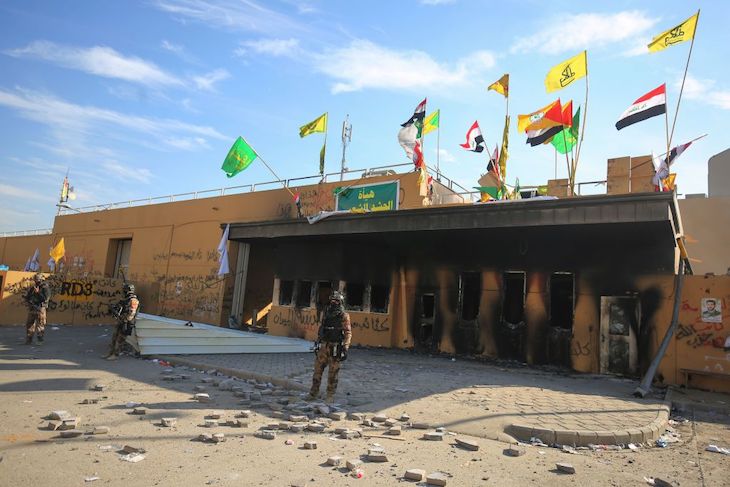The Iranians are masters of asymmetrical warfare, masters at playing the grey areas. After the assassination of Qasem Soleimani, there will be a response. It may not be today, it may not be tomorrow: the Iranians will be very calculated. The response could be in Iraq, which runs the risk of being a battlefield in a proxy war. Or it could be against American targets almost anywhere: think back, and we have even seen operations by Iranian backed-groups for example in Bangkok.
If this does get out of hand, it’s going to take a lot of work to try and manage this conflict. We could see emotions stirred across Asia, particularly in Muslim countries, including countries like Malaysia and Indonesia. If you look at the political landscape of the Middle East, Iraq is the natural place to fight out an American-Iranian proxy war. In terms of the Iraqi political leadership, this assassination has pushed them closer to Iran, and closer towards a forced withdrawal of US forces from Iraq.
The Iraqi parliament is already discussing withdrawal because the United States clearly, whether justifiably or not, violated Iraqi sovereignty.
What this attack also does is exacerbate the polarisation of Iraq. Immediately after the attacks, you saw some vowing revenge against the US. It will be interesting to see whether or not this has repercussions, for example, for the security of the US embassy in Baghdad – which was besieged by pro-Iranian militiamen in recent days. And on the other hand, you had anti-government protesters, who have long wanted Iranian influence in Iraq to be reduced, celebrating Qasem Soleimani’s death.
The US Defence Secretary Mark Esper has that the US will no longer allow attacks by Iranian backed militia to go unchecked without a strong response and that the ‘game has changed’. He’s right: the game has changed. The question now is whether it’s a game that the United States can win in this form or fashion. If this assassination, for example, leads to a forced withdrawal of US forces from Iraq, that would be a humiliation for the United States. Seventeen years after the overthrow of Saddam Hussein and a trillion dollars later, the American military still does not really understand and have experience of fighting asymmetric warfare. The Iranians do.
Dr James Dorsey is Senior Fellow at S. Rajaratnam School of International Studies. This article is an edited transcript of an interview he gave to CNA.






Comments